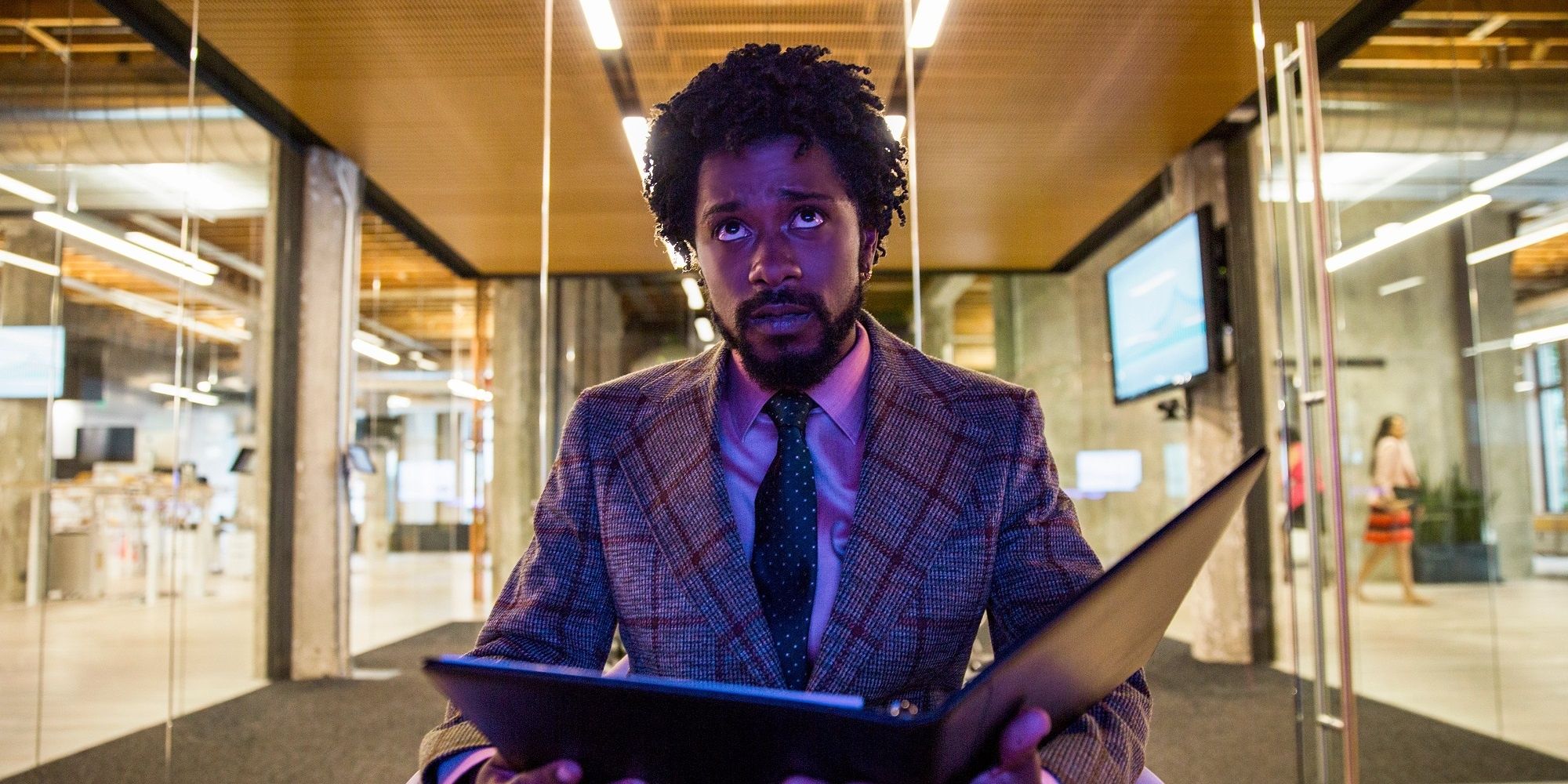Last night, the Eleventh Circuit ordered Sen. Lindsey Graham to get his scrawny patootie down to Atlanta and tell the grand jury what went down when he called up Georgia Secretary of State Brad Raffensperger and either did or did not exhort him to toss out enough mail-in ballots in Fulton County to hand the state’s 16 electoral votes to Donald Trump. Because you can put off the day of reckoning, but eventually it’s gonna come.
District Attorney Fani Willis empaneled a special purpose grand jury to investigate electoral interference, particularly the fake electors scheme and Trump’s effort to corruptly persuade Raffensberger to “find 11,780 votes, which is one more than we have” in the infamous January 2, 2021 phone call. Toward that end, she issued subpoenas (technically certificates of material witness) for a bunch of Trump surrogates, included Rudy Giuliani, Jenna Ellis, John Eastman, and the senior senator from South Carolina.
Raffensperger and his deputy Gabriel Sterling have implied that the senator pressured them to disappear Democratic ballots in two phone calls in November after the election. Graham’s response has been to claim immunity from process under the Constitution’s Speech or Debate Clause because reassuring himself that Georgia’s election was not plagued by fraud was part of his important senator business.
PREVIOUSLY: Eleventh Circuit Signs Lindsey Graham’s ‘Get Out Of Testimony Free’ Card In Georgia
US District Court Judge Leigh Martin May was having none of it, and ordered him in July to comply with the subpoena. He made an emergency appeal to the Eleventh Circuit, which essentially gave him a temporary hall pass to litigate his Constitutional claims for a few months. Technically, they told him to go back to the trial court and get specific about which parts of the subpoena should be quashed and why. But Graham declined to do that, instead restating his claims that the subpoena should be quashed in full.
If that was a bid to turn in a blank homework assignment in hopes that the Eleventh Circuit would fill it out special for him and rule that everything a senator does is cloaked in a warm, soothing blanket of legislative immunity, it appears to have failed. Instead the appellate panel, including two Trump appointees, endorsed Judge May’s interpretation of the Speech of Debate Clause’s limits more or less wholesale.
Which means that this, which Judge May wrote on September 1, stands:
As to the issue of partial quashal, the Court quashes the subpoena only as to questions about Senator Graham’s investigatory fact-finding on the telephone calls to Georgia election officials, including how such information related to his decision to certify the results of the 2020 presidential election. The Court finds that this area of inquiry falls under the protection of the Speech or Debate Clause, which prohibits questions on legislative activity. As to the other categories, the Court finds that they are not legislative, and the Speech or Debate Clause does not apply to them. As such, Senator Graham may be questioned about any alleged efforts to encourage Secretary Raffensperger or others to throw out ballots or otherwise alter Georgia’s election practices and procedures. Likewise, the grand jury may inquire into Senator Graham’s alleged communications and coordination with the Trump Campaign and its post-election efforts in Georgia, as well as into Senator Graham’s public statements related to Georgia’s 2020 elections.
Basically, anything that was “investigatory” is off limits. But urging Raffensperger to take action and making affirmative statements about fraud are fair game, as is Graham’s coordination with the Trump campaign — a topic he likely loath to discuss with DA Willis. The appellate panel wrote:
Senator Graham has failed to demonstrate that this approach will violate his rights under the Speech and Debate Clause. Even assuming that the Clause protects informal legislative investigations, the district court’s approach ensures that Senator Graham will not be questioned about such investigations. As the court determined, there is significant dispute about whether his phone calls with Georgia election officials were legislative investigations at all. The court’s partial quashal enabled a process through which that dispute can be resolved. The District Attorney can ask about non-investigatory conduct that falls within the subpoena’s scope, but the District Attorney may not ask about any investigatory conduct.
Graham will probably seek a stay pending appeal to the Supreme Court. But he doesn’t seem likely to get one from the trial judge, who refused to stay her prior order pending appeal the Circuit. There’s always the outside possibility that SCOTUS will do him a solid and allow him to postpone his testimony a little while longer, but it seems all but certain that Graham is going to have to answer those uncomfortable questions, and soon.
Or not answer them, as the case may be. He can always plead the Fifth like Trump and his crime family. It’s not a great look for a sitting senator, but when you’ve already sacrificed your dignity and your principles in service of a demented real estate charlatan, reputation is a luxury you probably can’t afford. There’s also the minor matter that Raffensperger and Sterling already testified to their version of events.
Oh, Lindsey, bless your little heart!
[Eleventh Circuit Order / Fulton County Special Purpose Grand Jury v. Graham, docket via Court Listener]
Follow Liz Dye on Twitter!
Click the widget to keep your Wonkette ad-free and feisty. And if you’re ordering from Amazon, use this link, because reasons.
Subscribe to the Wonkette YouTube Channel for nifty video content!


























































![Social Media Spring Cleaning [Infographic] Social Media Spring Cleaning [Infographic]](https://imgproxy.divecdn.com/9e7sW3TubFHM00yvXe5zvvbhAVriJiGqS8xmVFLPC6s/g:ce/rs:fit:770:435/Z3M6Ly9kaXZlc2l0ZS1zdG9yYWdlL2RpdmVpbWFnZS9zb2NpYWxfc3ByaW5nX2NsZWFuaW5nMi5wbmc=.webp)
![5 Ways to Improve Your LinkedIn Marketing Efforts in 2025 [Infographic] 5 Ways to Improve Your LinkedIn Marketing Efforts in 2025 [Infographic]](https://imgproxy.divecdn.com/Hv-m77iIkXSAtB3IEwA3XAuouMwkZApIeDGDnLy5Yhs/g:ce/rs:fit:770:435/Z3M6Ly9kaXZlc2l0ZS1zdG9yYWdlL2RpdmVpbWFnZS9saW5rZWRpbl9zdHJhdGVneV9pbmZvMi5wbmc=.webp)
















